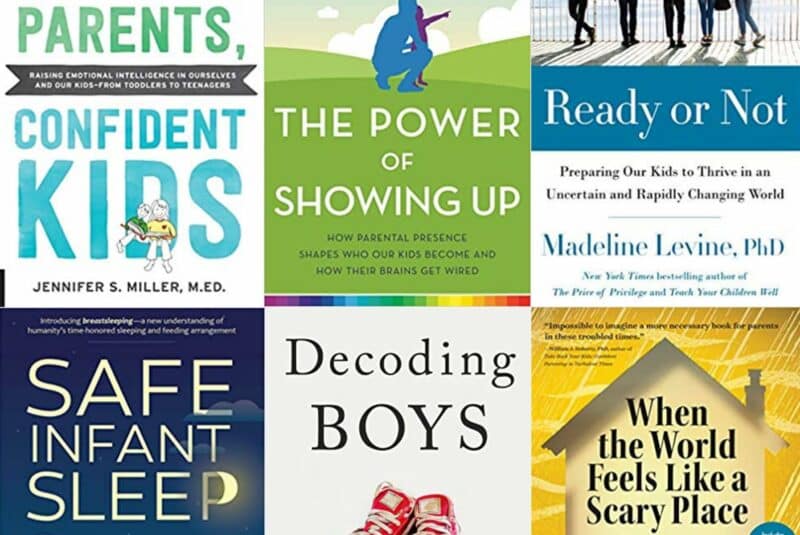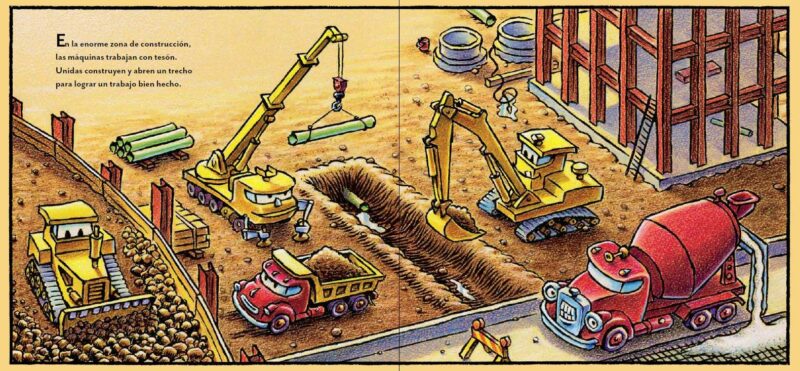
Mornings can be a challenging time for parents with young children. Getting ready for school or daycare often involves a race against the clock, which can be stressful for both parents and kids. However, with a few creative strategies and a bit of planning, you can transform chaotic mornings into smooth, enjoyable starts to the day.
As a family, we struggled quite a bit in the early years with this, especially since the school we chose was quite far from where we lived, we had less time from wake-up time to getting out and setting off by car to school.
Here are a few strategies that helped keep things sane.
Preparation the Night Before
The key to a smoother morning starts the night before. Preparation can significantly reduce morning stress and rush. Begin by selecting clothes for the next day with your child, making this a fun and collaborative activity. This not only saves time in the morning but also gives your child a sense of involvement and decision-making. Additionally, packing the school bag and planning breakfast in advance can streamline the morning routine.
Making Mornings Fun
Transforming morning tasks into a fun and engaging game can be a game-changer. Introduce a timer and challenge your child to beat the clock while getting ready. This adds an element of excitement and can significantly speed up the process. Visual aids like charts or boards where children can track their progress also work wonders. Incorporating elements of play, like dancing to their favorite songs or narrating a story during breakfast, can make mornings more enjoyable.
Empowering Choices
Offering children choices in the morning can empower them and speed up decision-making. Simple decisions like picking out their socks or choosing between two breakfast options can make a big difference. This not only helps children feel in control but also teaches them to make decisions quickly, a skill that will be beneficial in many aspects of their lives.
Positive Reinforcement
Positive reinforcement plays a crucial role in encouraging desired behaviors in children. Praising your child for getting ready on time or completing tasks independently can significantly boost their motivation. Small rewards or incentives can also be effective, such as extra playtime or a favorite story for getting ready on time.
Consistency and Patience
Building an effective morning routine requires consistency and patience. Children thrive on routine, and being consistent with the strategies you choose helps establish a predictable pattern. At the same time, patience is key. It might take a few days or even weeks for your child to fully adjust to the new routine. Remember, every child is unique, and finding the right balance for your family might take some trial and error.
Conclusion
With a little creativity and consistency, morning routines can become a positive and efficient start to the day for both parents and children. While every child is different, these strategies can be tailored to suit individual needs and preferences, paving the way for smoother, happier mornings.










